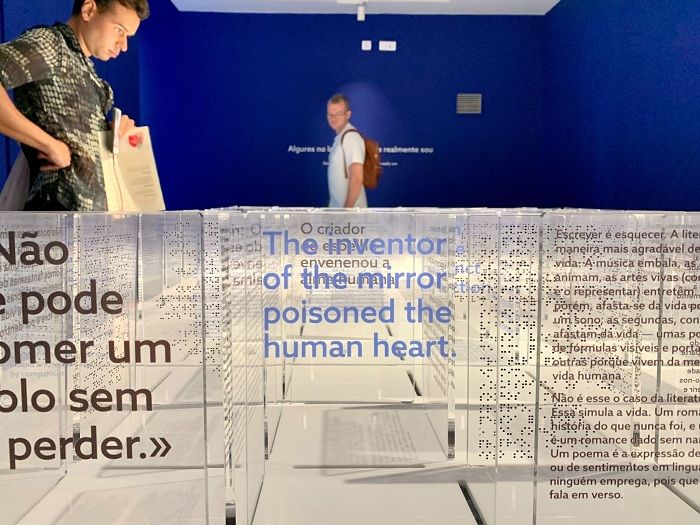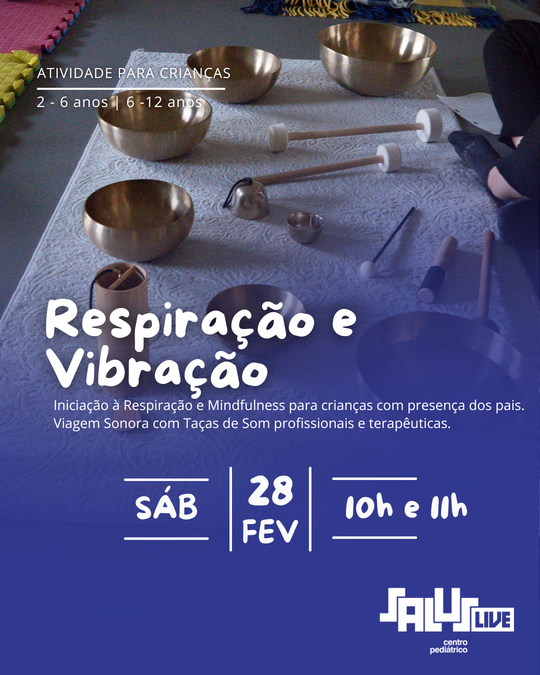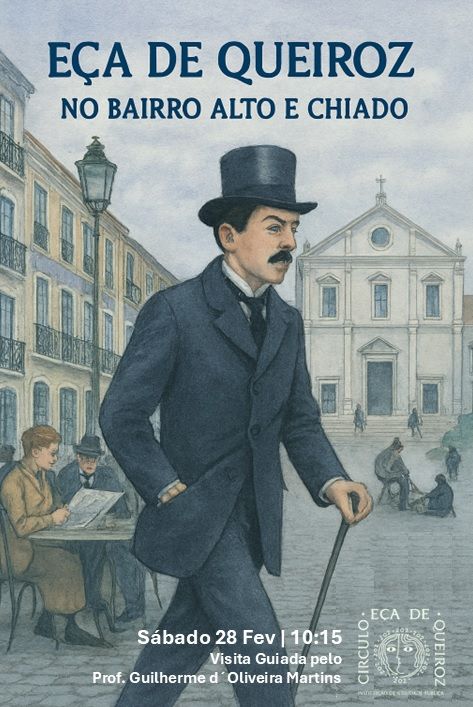Portugal visto por escritores estrangeiros
Ultramar
by Tobias Buck

I once comforted my girlfriend by telling her of a golden crocodile who whispered the word ‘Portugal’ over and over. The crocodile was gold like the metal, not just in colour, and it was heavy. It floated in the darkness of our imaginations and it gleamed.
It entoned the name of this distant country in a dreamlike command. Softly, gently, this water-loving being insisted on the existence of a far away nation - across the widest of blue-green oceans and salty aquamarine seas.
The idea of Portugal first fully enveloped my heart in Brazil when I heard Ciranda being sung by kids, on a beach at sunset. Although I already loved the lilt and sway of the language, it was this slow-tempo ‘fisherman’ music, sung a capella with such a sense of the ineffable horizon inside it, that transported me.
Ciranda has an ‘off-hand’ feel to it, as if the melody and rhythm were almost always in danger of falling apart. But behind the melody and lyrics was also something like the weight of homesickness, of permanent transience, a familiar sense that carried me forward with each refrain.
‘Por cima do mar eu vim / Por cima do mar eu vou voltar.’ Across the sea I came. Across the sea I will return.
This poetry of oceans reminded me of the Spanish writer Rafael Alberti’s ‘Marinero en Tierra’ - an ode to his childhood home in Cadiz and the luminous world of the Mediterranean coast; with its sparkling blue sea, white foam like charging horses, tattered sailboats and countless world-weary sailors.
‘The waves, / Blue walls of Africa, / go and come back.
When they go… / Ah, to go with them!
Ah, to come back with them! / When they come back…’
‘Marinero en Tierra’ is a poem yearning for an elsewhere and one I first read over someone’s shoulder, from a poster on a crowded London train. This stanza was brief and portable and I kept the lines still, in the back of my mind, like some nutritious sandwich I could sit under any table and happily munch on at any time; always at peace with its sentiment, always sustained by its structure.
In the poem, and in the song, it wasn’t just the sounds that moved me - it was the sense of the sea's largesse; it’s immensity as a vector, as a wide-open salt-water highway and nexus of exchange. For all their elemental size and peril, the waters of the world gave me one sensation above all else. Escape. That feeling of giving yourself up to something larger. Like the suspended weightlessness in your stomach as the wheels of a plane leave the tarmac, or as a boat is pushed off a pier. ‘Portugal’ seemed more than a place. It was the poem that leaves the poet speechless as it heads out into the world, the gift that glides from the hands of the giver.
In this pale blue feeling was a sense of liberty; an opening, a shifting of weight, an easy grace. The quality of it seemed ‘Portuguese’ to me, or at least I considered its character such since that’s how it reached me. But it also seemed Portuguese in that it was a sensation both stately and worldly, an idea that extended out beyond coasts, beyond beaches, and beyond shorelines. Portugal was the gold and blue thread embroidered into the globe, binding together the pages of an atlas, stitching continents to one another through the tapestry of time, history, and geography.
Even from where I grew up, on a small island in the South Pacific, Portugal seemed the capital of the seas. It was where the ocean had found its home and where maybe, too, I could find mine.
Is the sea blue because it reflects the sky, or is the sky blue because it reflects the sea? I suspect I don’t really want to know. But, when I arrive in Lisbon, when I talk to two guys along the Praça do Príncipe Real about their motorbike, when I hear the opening chant of Fado on a Friday evening or the steady uphill clack of a city tram; or when I nurse a plastic cup of ice-cold beer on a warm night in one of the city’s busy miradouros, I know I am simply lucky to be there.
Portugal is a vector as much as a reprieve. And Lisbon is a door, one on which I will knock to see if anyone is home; anyone familiar too with the nature of the ocean - its waves, its currents, and how it gives as much as it takes, on and on, endlessly and always.
I have always sensed they are there, waiting, like me, the many real and imaginary citizens of this maze-like harbour city. But maybe I am wrong. Maybe they too are restless by nature and already elsewhere, as hypnotised by the charm of the sea and the journey as I am. Or perhaps we will meet but only in passing, on these worn and cobbled streets. As the tide below rolls in and out from the glittering azure that connects so many of us, each day, as the world turns.
Tobias Buck is a New Zealand writer, currently living in Amsterdam, who attended the Disquiet Literary Festival in 2023.
He’s a freelance journalist who has previously won the Katherine Mansfield Short Story Award, the Landfall Essay Prize, and judge’s prizes in the Sargeson Short Story Competition and the Jancis Robinson Competition for writing on wine. There's more of his work at tobybuck.com.

 Divulgue aqui os seus eventos
Divulgue aqui os seus eventos












